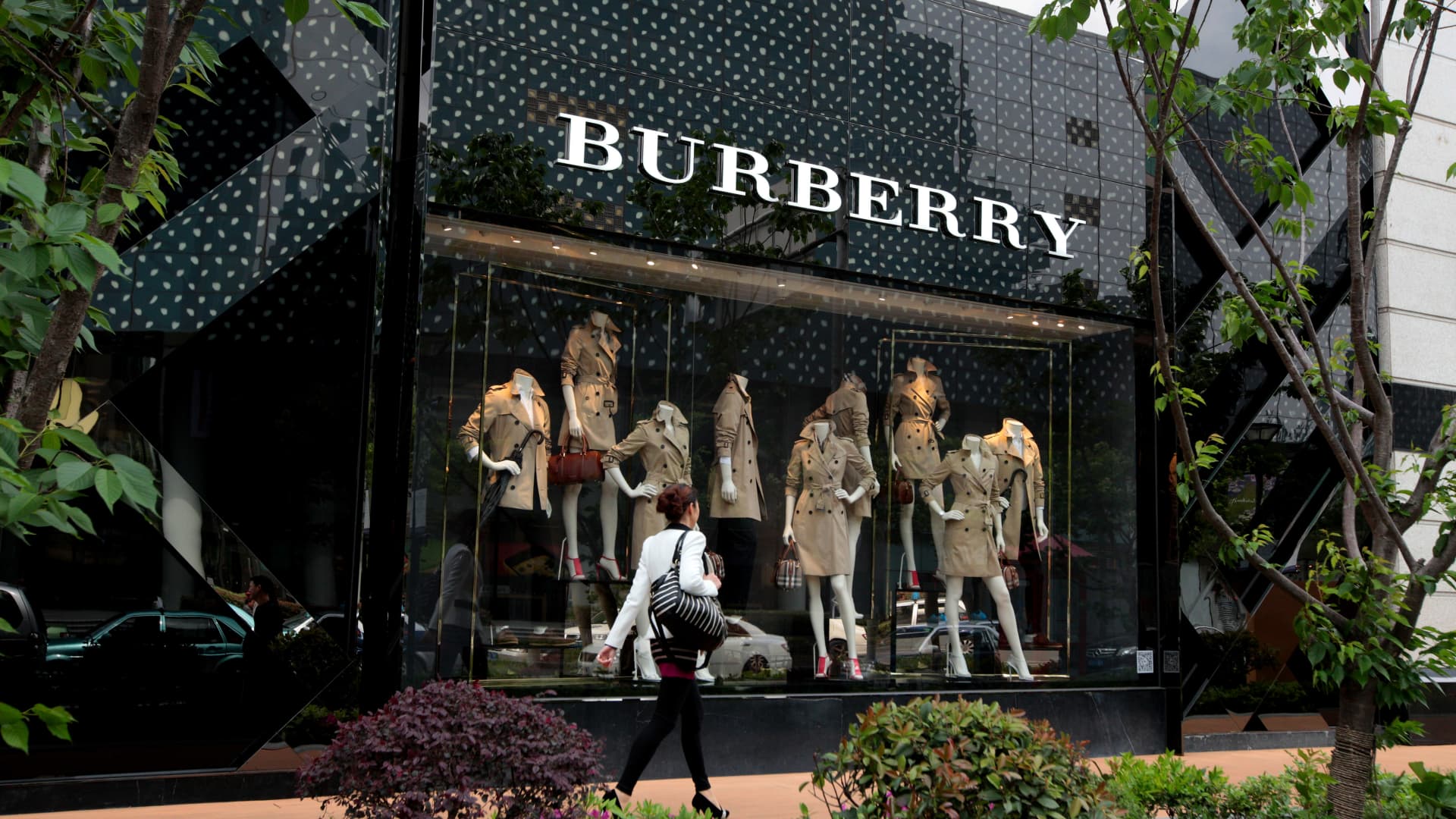Is nuclear energy worth the cost? | Euronews Tech Talks podcast

Should green advocates support or oppose nuclear energy? The answer to this question and many more on the Euronews Tech Talks nuclear energy debate with Michele Governatori and Myrto Tripathi.
Germany shut down its last three nuclear power reactors, Isar 2, Neckarwestheim and Emsland last year, marking the end of its six-decade-long nuclear era.
The nuclear phasing-out process began in 2011, in the wake of the Fukushima nuclear disaster.
At that time, Germany had 17 operational reactors, which produced over a quarter of its electricity, making it one of the most nuclear-reliant countries in Europe.
The energy shift sparked mixed feelings, reviving a complex debate around nuclear energy.
On the one hand, environmental organisations like Greenpeace celebrated the phase-out but energy experts such as the head of the International Energy Agency Fatih Birol and climate activist Greta Thumberg criticised the move arguing it would increase Germany’s dependence on fossil fuels.
So should environmentalists be pro-nuclear energy and is this energy source essential for the green transition? Does it count as renewable energy?
Euronews Tech Talks spoke with Michele Governatori, power and gas programme lead at Ecco and Myrto Tripathi, head and founder of the Voices of Nuclear NGOs.
Governatori and Tripathi are both committed to preserving the earth and fighting climate change, but they also have different positions on the role that nuclear energy will play in the green transition.
Common ground: Nuclear energy is necessary for the green transition
Governatori and Tripathi agree on three essential points concerning nuclear energy.
1. Green advocates should be in favour of nuclear energy
Both experts say nuclear energy is important for the green transition and for achieving the European Union’s goal of net-zero emissions by 2050.
”Any technology able to provide energy with no climate damage is welcomed from the point of view of energy policy,” Governatori told Euronews.
Tripathi agreed that nuclear energy, which does not emit CO2, is pivotal to the green energy transition.
2. Nuclear energy is not renewable
Both Tripathi and Governatori say that nuclear energy cannot be classified as renewable, since it relies on uranium, a product that is not generated by nature.
However, Tripathi pointed out that future advancements in atomic energy could make it a circular energy source. The next generation of breeder reactors, for instance, will have the capability to use nuclear waste as fuel, making this energy more sustainable.
3. Decisions on nuclear energy should not be taken by policymakers
Both Governatori and Tripathi also agreed that the composition of a country’s energy mix should not be decided by policymakers.
Instead, economic and technological developments should determine the best energy balance.
That said, they emphasised the importance of including a carbon tax to include the true negative environmental cost of fossil fuels, which are often cheaper than greener alternatives.
Points of contention: Costs and efficiency of nuclear energy
Despite their shared perspectives on some aspects of nuclear energy, Governatori and Tripathi disagreed on its cost and efficiency.
1. Can renewables replace fossil fuels?
While Tripathi argued that renewable energies such as wind and solar will never be able to entirely substitute fossil fuels, Governatori provided a more optimistic view.
”The trend for renewable is faster, prices have gone down quicker than expected,” Governatori said. ”In terms of electricity mix, wind and solar alone have already overcome nuclear power,” he added.
Ecco’s expert highlighted that nuclear energy is too expensive to achieve short-term environmental goals, which can then be met only by renewables.
2. Is nuclear energy a good complement to renewables?
Governatori and Tripathi also clashed on whether nuclear energy can effectively complement renewable energies like wind and solar, which can sometimes be unreliable.
Governatori argued that nuclear fission is not an appropriate complement to renewable energy due to its high capital costs and technical chain reaction.
“Running a nuclear power plant just to cover the low wind and solar moments doesn’t make any sense financially because you pay a lot for the machine, and you cannot simply afford to switch it on and off,” Governatori said.
Tripathi, meanwhile, stressed that high costs should not be a pivotal argument in the green energy debate.
She underlined that even though nuclear power can be expensive to develop, it can lead to the reduction of electricity prices for the citizens and help European countries to be more energy-independent.
Find the answers to more questions on the Q&A episode of Euronews Tech Talks.
World News || Latest News || U.S. News
Source link



